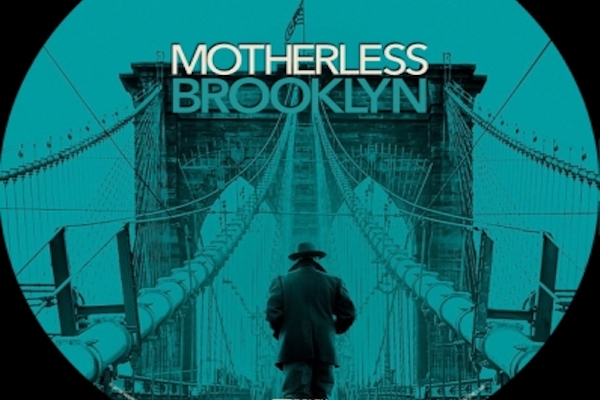Thom Yorke is known as a rock star of melancholic proportions so grand, his tunes have cast shadows on entire cities. But lately, he’s been trading the stage for cinema. His latest effort is a song for Edward Norton’s new film, Motherless Brooklyn, which follows the misadventures of a Tourette’s afflicted Jazz Age detective as he scours New York City to solve a murder. While the film is Norton’s second directorial effort in 20 years, Yorke’s music is what has people buzzing. The song “Daily Battles” was written in part as a favor to Norton and features Flea on trumpet and bass. A version of the song was also arranged by Wynton Marsalis to be used diagenetically in the film as a Miles Davis-esque jazz standard.
As Yorke recently hinted, he was jealous of bandmate Jonny Greenwood’s film score repertoire, stating that the Radiohead guitarist was “just so far ahead.” Yorke finally scored his first film last year but has a long way to go to catch up. With the recent release of Motherless Brooklyn, it looks like he’s up for the challenge. And we can’t wait. Here are our favorite film scores thus far featuring Jonny and Thom.
Photo: Warner Bros.
Lowered expectations: The 20 Most Disappointing Movies of the Last 20 Years
British evasion: Oasis Debut ‘Definitely Maybe’ Turns 25, One Decade Since Gallagher Brothers Divorce
Follow Mandatory on Facebook, Twitter, and Instagram.
Ed Norton Motherless Brooklyn Thom Yorke
-
'Anima' (2019)
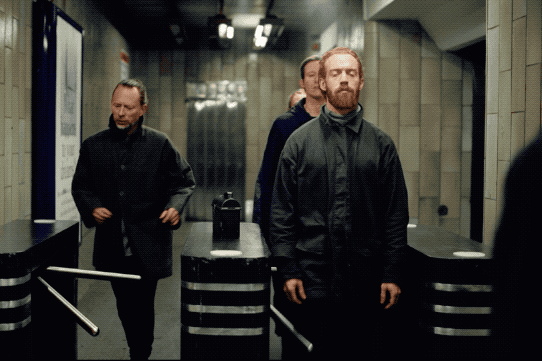
Longtime Greenwood collaborator Paul Thomas Anderson linked up with Yorke for this gravity-bending short film that kicked off the Radiohead frontman's third solo album release. It was a satisfying taste of two provocateurs at work. Is this a tease of things to come?
-
'Norwegian Wood' (2010)
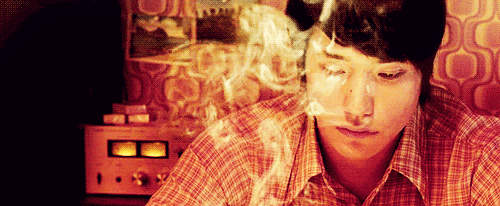
Based on the novel by Haruki Murakami (which in turn was inspired by the Beatles song), the score to Norwegian Wood is wonderfully sparse and personal. Greenwood mimics the sound of an incompetent guitarist learning to play Bach on nylon strings. He straddles this spaciousness with lush orchestration, droning contrabass, and meandering, discordant high notes for a swim in the surreal.
-
'We Need To Talk About Kevin' (2011)

For a film about a school massacre, Greenwood opted out of the traditional horror music route. Instead, he gathered new tones and subtly layered them together to reveal the strange dangers lurking beneath the everyday.
-
'You Were Never Really There' (2017)
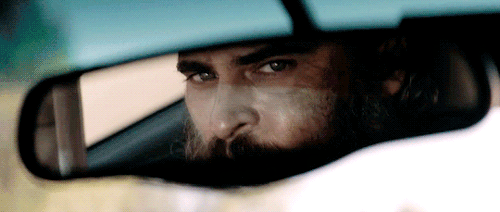
Before he was Joker, Joaquin Phoenix lost his mind in this 2017 film about a man who only feels alive through acts of violence. Propelling him forward in his redemption quest is Greenwood's score, a wholly modern mishmash of drum machines, delay pedals, post-punk synthesizers, and the requisite screechy violin. It's a soundtrack that's effortless, restrained, and in total service to the film.
-
'Suspiria' (2018)
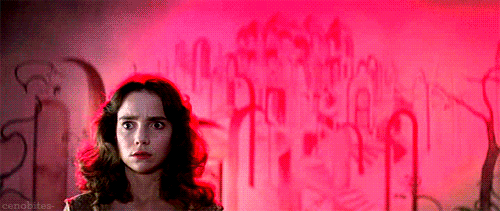
Thom Yorke's first foray into film scoring is a motley collection of musical shrouds stitched together by Yorke's genius. Oscar-nominated song "Suspirium" reveals Yorke's ability to invert a chord every which way as it dances around a motif. His paranoid thoughts and aching heart perfectly set the tone for this haunting remake of Dario Argento's 1977 horror classic.
-
'Junun' (2015)
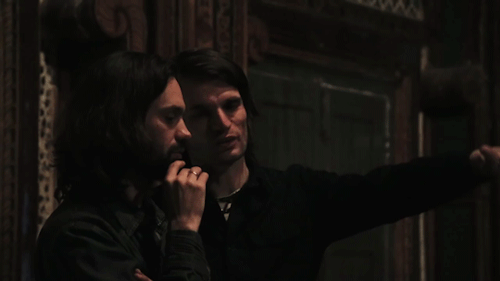
This music documentary followed the making of an album by Greenwood, record producer Nigel Godrich, Israeli composer Shye Ben Tzur, and India's Rajasthan Express. The result is an exciting glimpse into the creative process as it unfolds, allowing listeners to witness how magically a record is born out of stillness when great musical worlds collide.
-
'Phantom Thread' (2017)
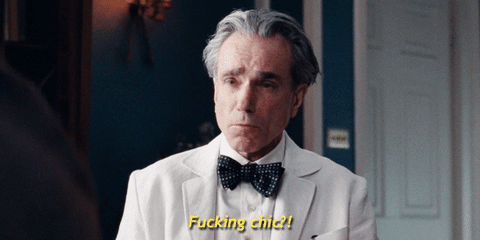
Paul Thomas Anderson reportedly cracked the whip on Greenwood this time, pushing him to create a romantic period piece that naturally intertwines with the film. Borrowing from pop music of the '50s, like Glenn Gould's famous "Bach Variations," the score is unlike anything Greenwood has ever done. It's a superb look at how far he can stretch himself in the process.
-
'There Will Be Blood' (2007)
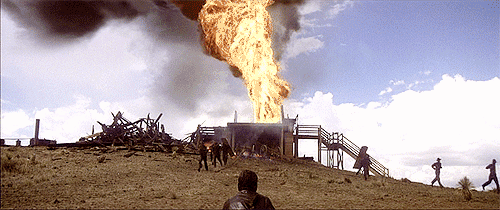
Greenwood's first major film score remains one of his best. Many sublime moments of the movie let the music take front and center for minutes at a time as the action unfolds. The score undoubtedly added layers to Daniel Day-Lewis' Oscar-winning performance. But more importantly, the relentless, violent, frolicking tempos of Greenwood's backbeat, coupled with a demented-sounding orchestra, perfectly capture the excitement of greed in the 20th century.
